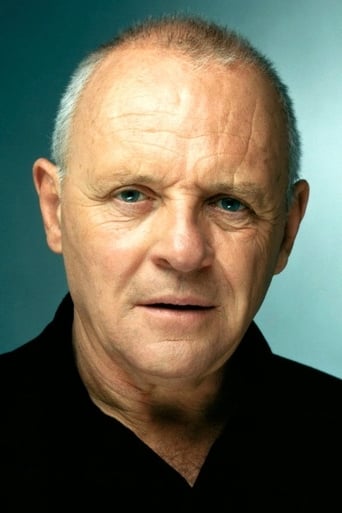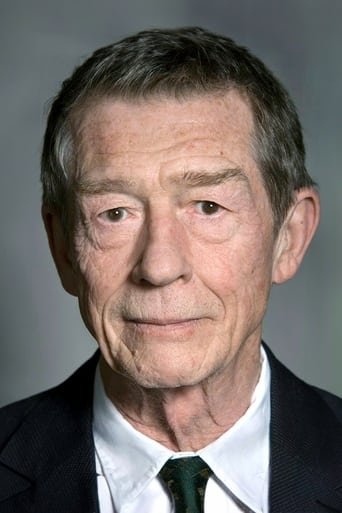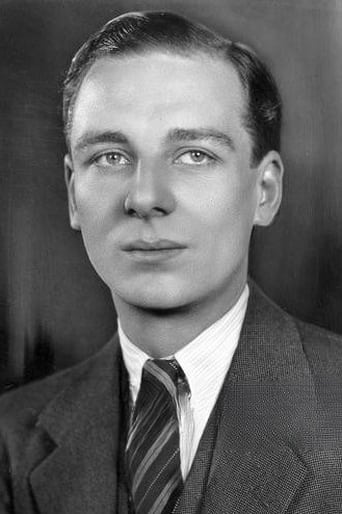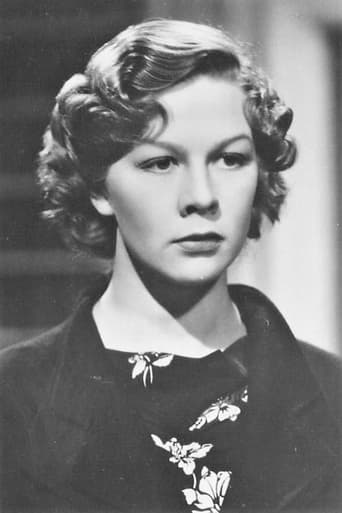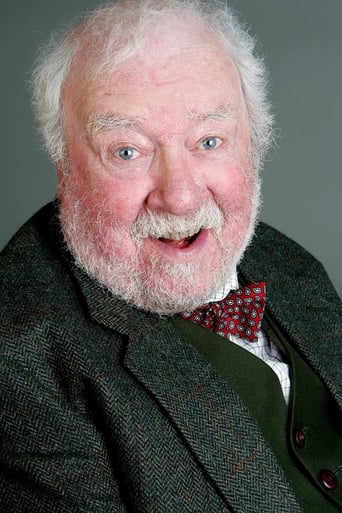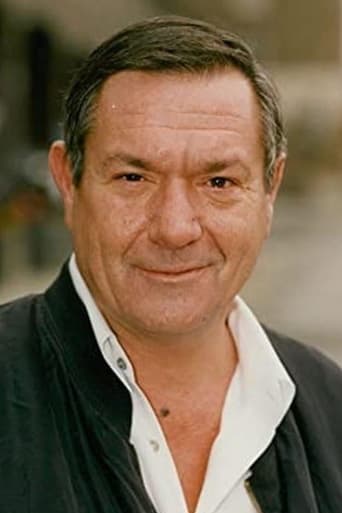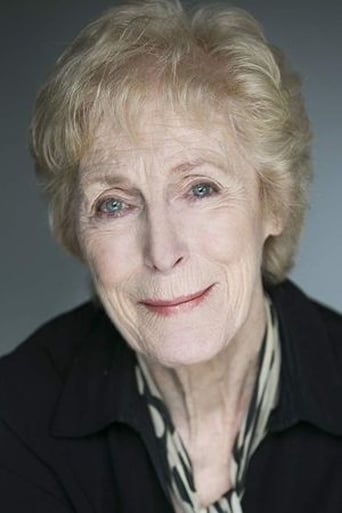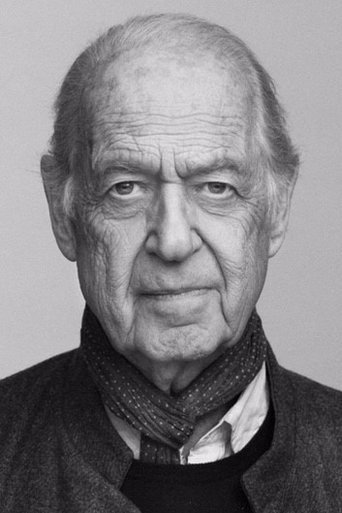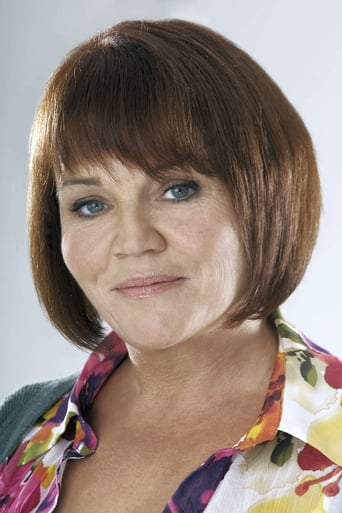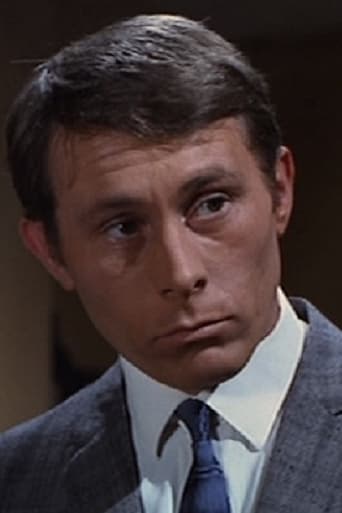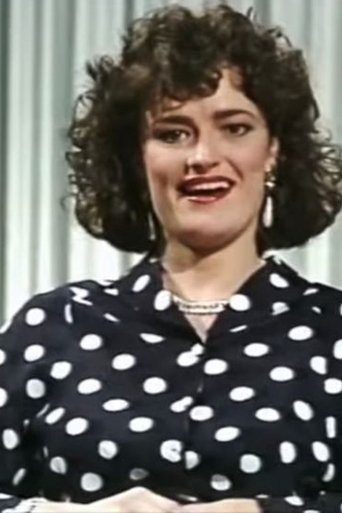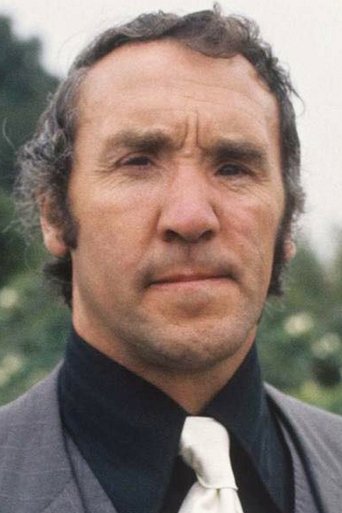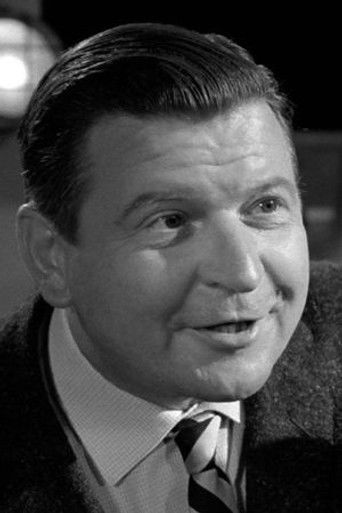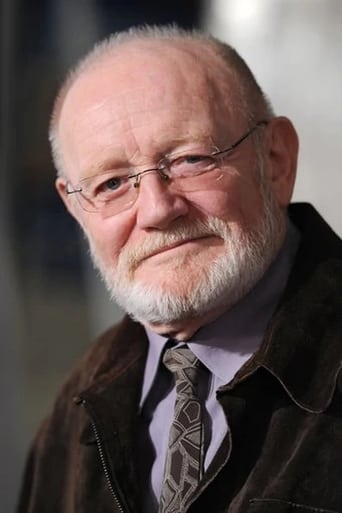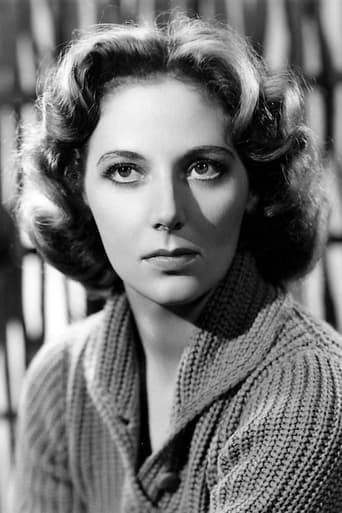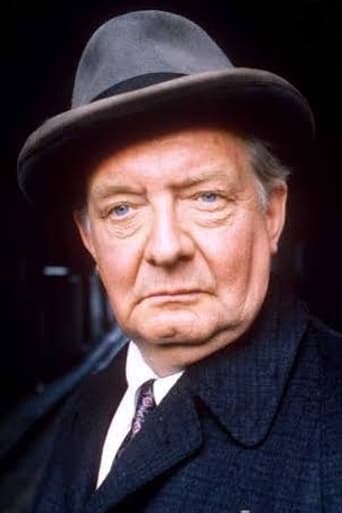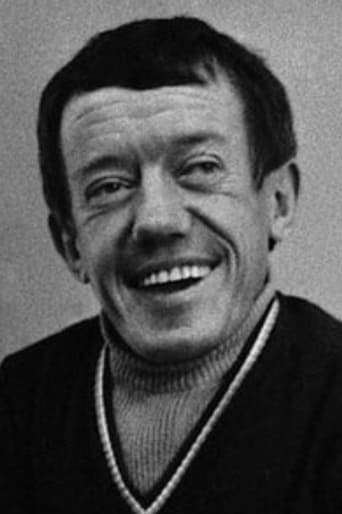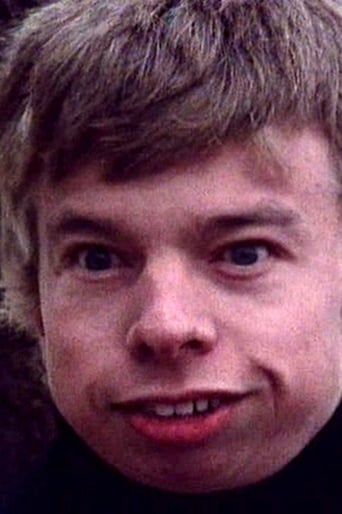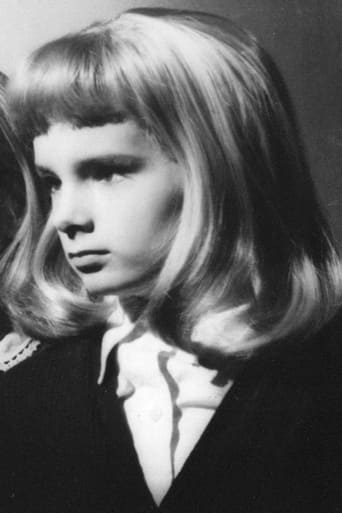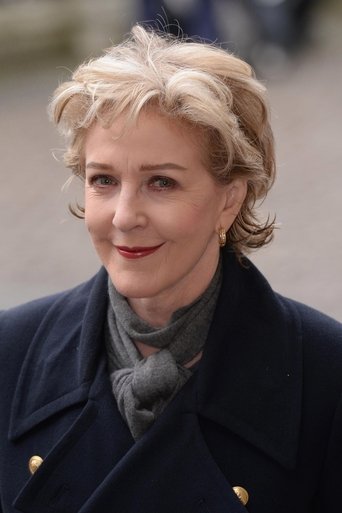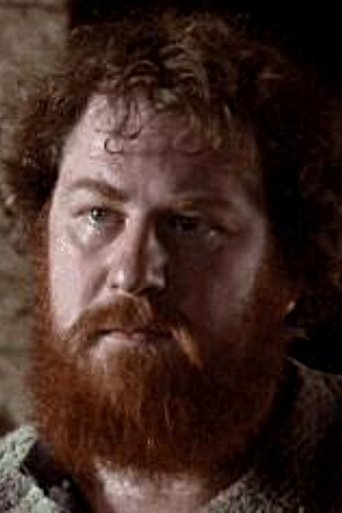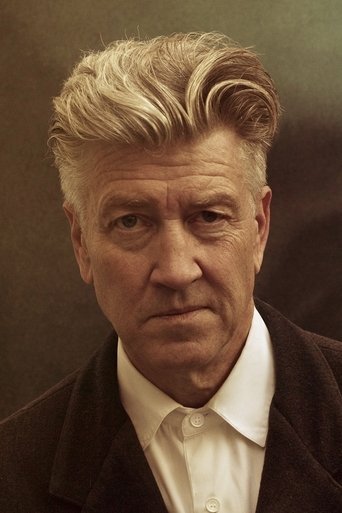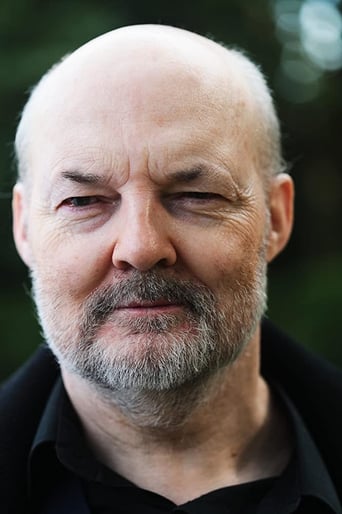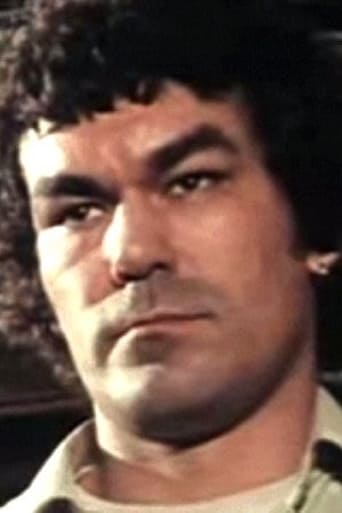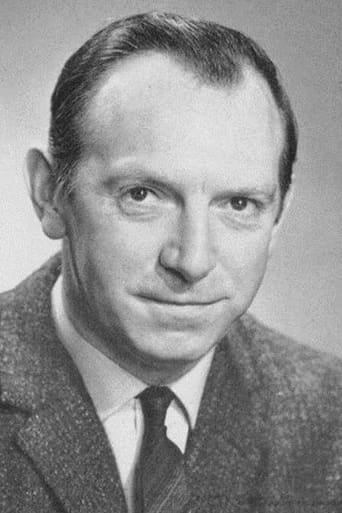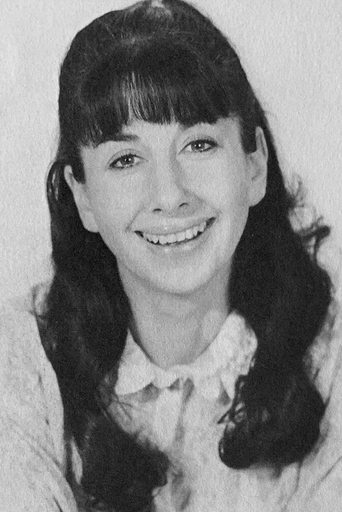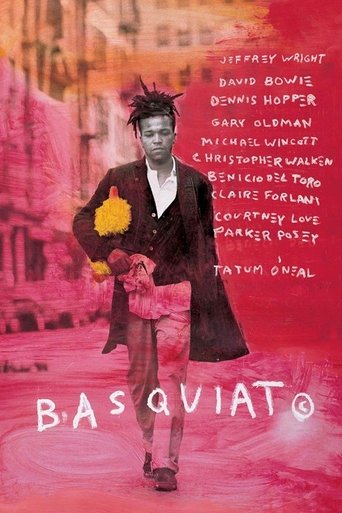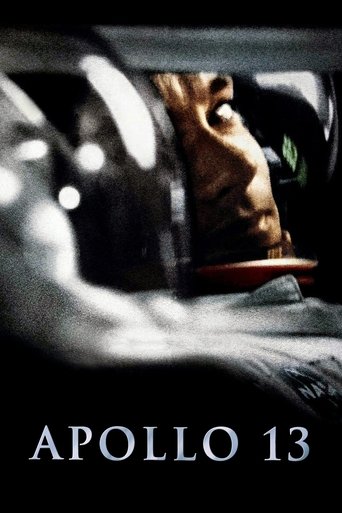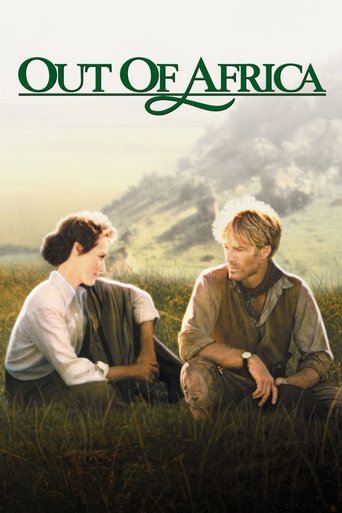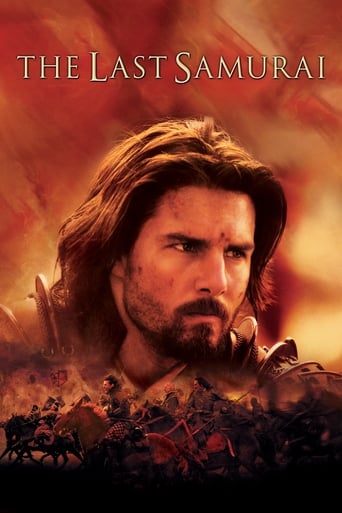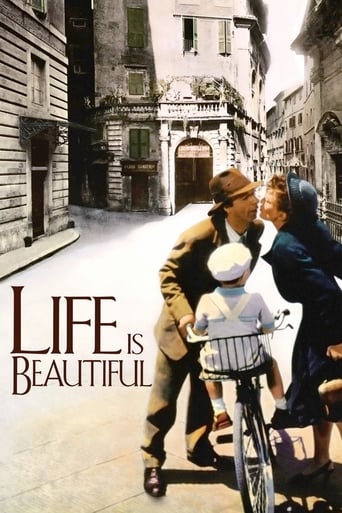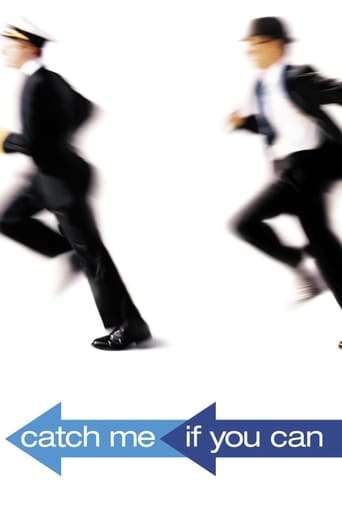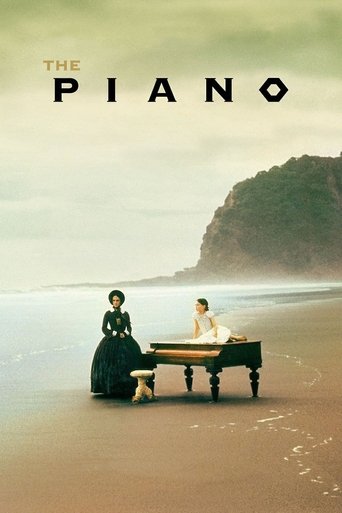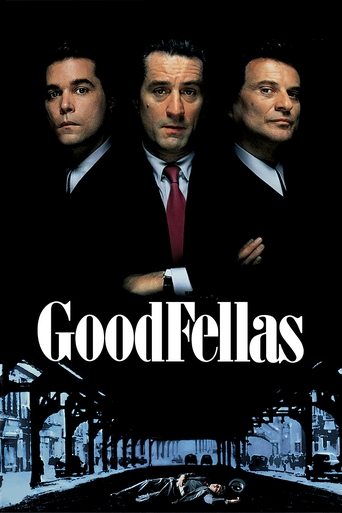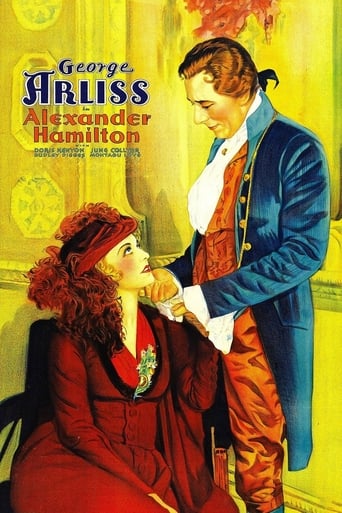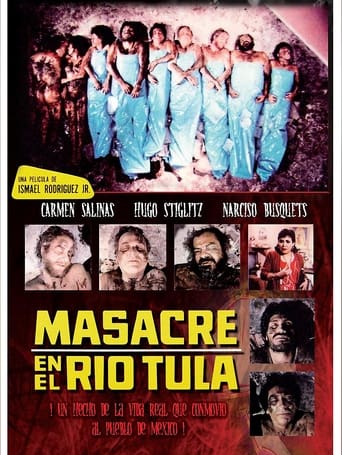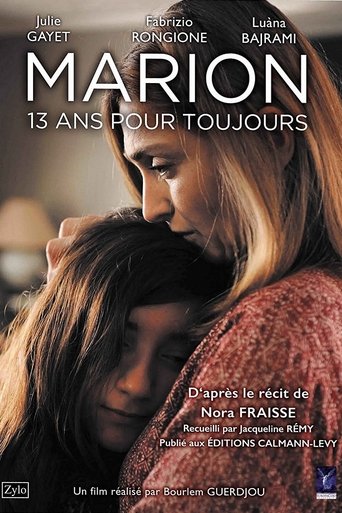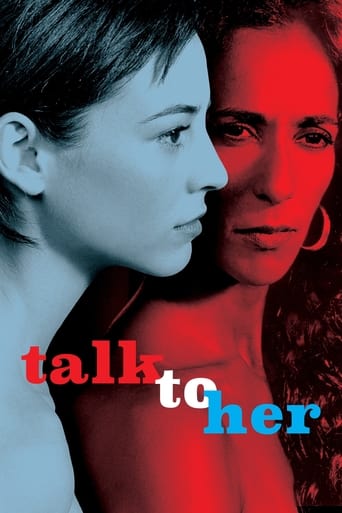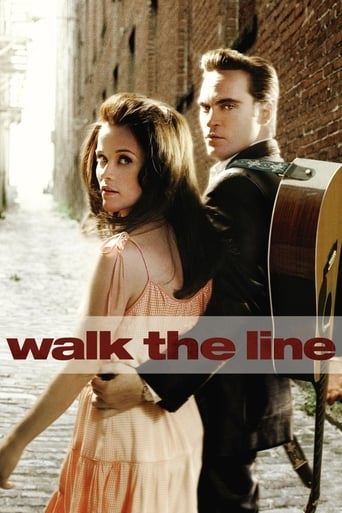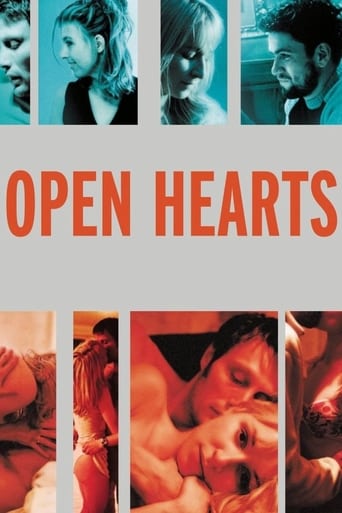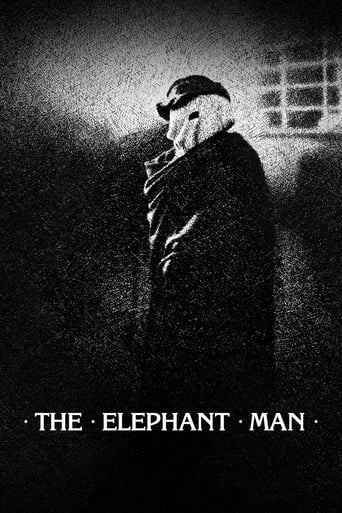










The Elephant Man (1980)
A Victorian surgeon rescues a heavily disfigured man being mistreated by his "owner" as a side-show freak. Behind his monstrous façade, there is revealed a person of great intelligence and sensitivity. Based on the true story of Joseph Merrick (called John Merrick in the film), a severely deformed man in 19th century London.
- David Lynch
- Anthony Waye
- Ceri Evans
- David Lynch
- Frederick Treves
- Christopher De Vore
- Eric Bergren
- Ashley Montagu
Rating: 8/10 by 3587 users
Alternative Title:
L'homme éléphant - CA
Sloní muz - CZ
엘리펀트 맨 - KR
Elefantmannen - NO
El hombre elefante - ES
Փիղ Մարդը - AM
Country:
United States of America
Language:
English
Runtime: 02 hour 04 minutes
Budget: $5,000,000
Revenue: $26,000,000
Plot Keyword: exploitation, biography, based on true story, hospital, curiosity, sideshow, disfigurement, deformed, physical deformity, freak, 19th century, dignity
_**The ultimate outcast**_ In 1884 London, a doctor (Anthony Hopkins) meets Joseph Merrick, aka The Elephant Man (wrongly called John Merrick in the film) who was being exploited as a freak show attraction. Treves (Hopkins) tries to help Merrick (John Hurt) for the last six years of the latter’s life wherein he becomes cultured, but he inevitably remains an object of curiosity, to high society as well as low society. Anne Bancroft plays a winsome entertainer who is warm toward Merrick. Directed by David Lynch and shot in B&W, “The Elephant Man” (1980) is a melancholic biographical movie, and understandably so, but Merrick’s story is worth checking out despite the fact that it inspires pity. It calls into question the concept of beauty: Natural beauty is something one is born with and did nothing to acquire, but so is physical unattractiveness. Then there’s inner beauty. The charismatic actress (Bancroft) displays both. Of course there’s also inner ugliness, like the carnival huckster. A myth developed about Merrick’s disfigurement that his mother was raped by an elephant, probably started by sideshow hawkers. The opening conveys this in an artistic manner, but it’s not to be taken literally, which is why it’s surreal. Meanwhile the factory scenes with the pipes and corresponding dangers exhibit the reality for workers in Victorian times. The score by John Morris is noteworthy with one piece being ripped-off for the moving parts of “Platoon” (1986), e.g. Elias’ melodramatic death scene. The film runs 2 hours, 4 minutes, and was shot entirely in London and nearby Shepperton Studios, just west of the city. GRADE: B
Saw this, recently up-converted to 4K at the London Film Festival and, apart from the clear improvements to the quality and detail of the image, I was reminded of just how good it is. Anthony Hopkins and Anne Bancroft play their roles with engaging sincerity - very ably supported by Sir John Gielgud and Dame Wendy Hiller. Prosthetics aside, John Hurt captures both the despair and optimism of Merrick with empathetic style; and Freddie Jones is just downright evil as "Bytes". His son Toby was at the screening and I couldn't help but wonder when he watched this portrayal by his father whether the pride in the performance must have been tempered by a disgust in the character, itself!! This film doesn't seem to do the rounds very often, nowadays, but it holds up very well after almost 40 years and is really a gem.

